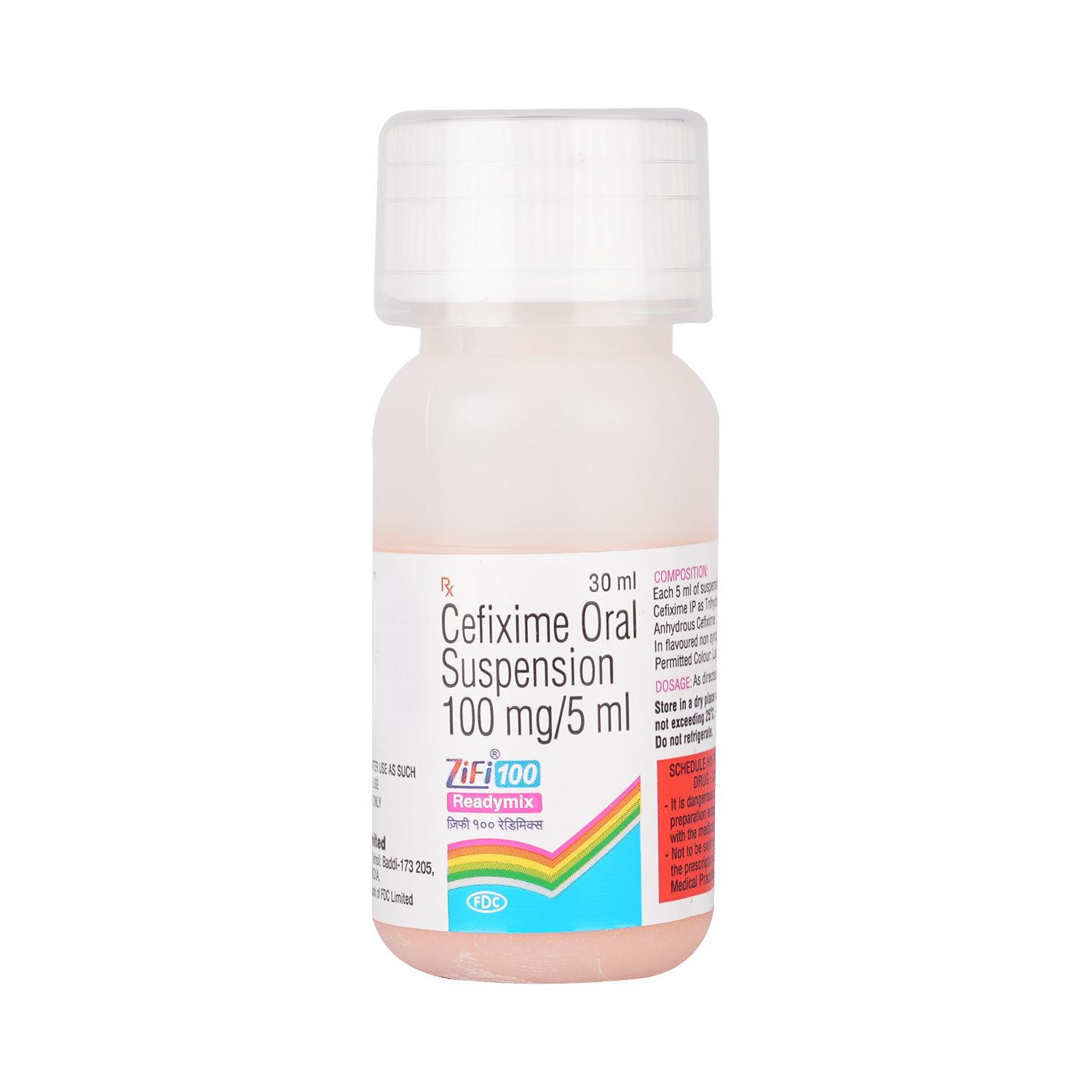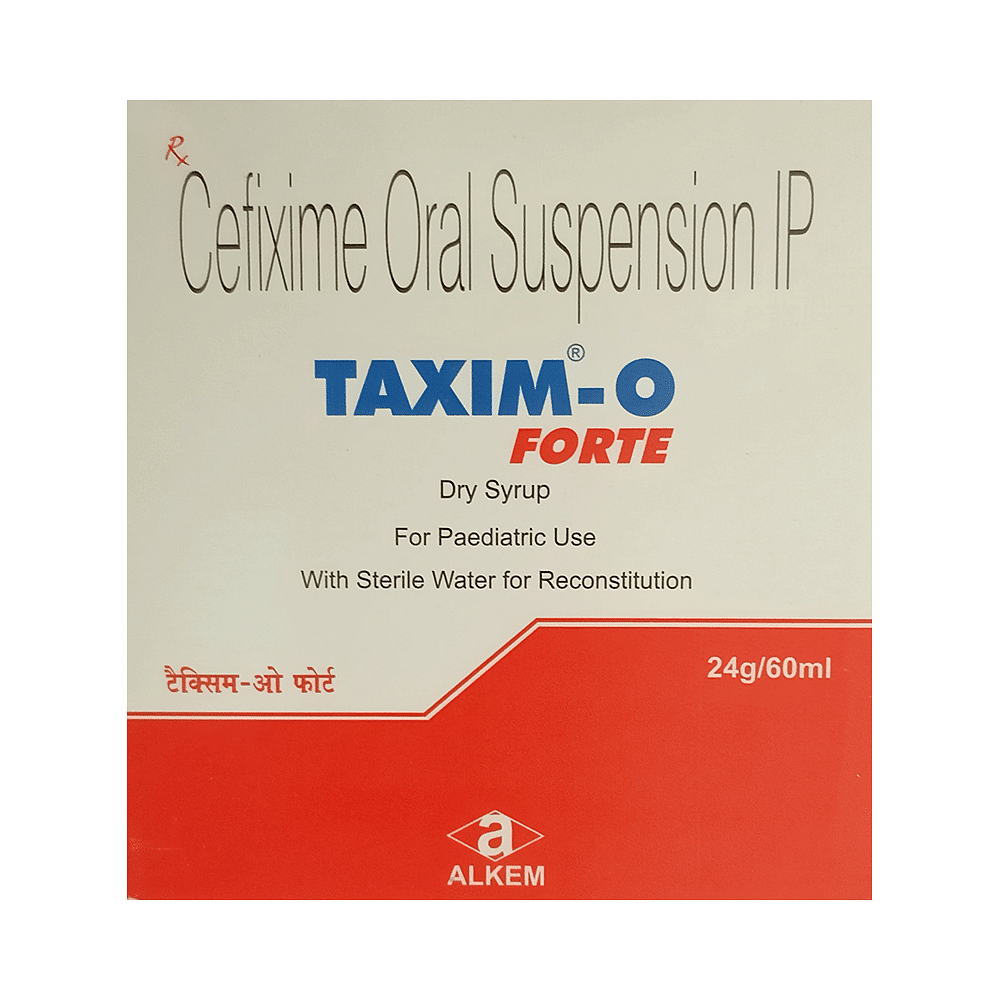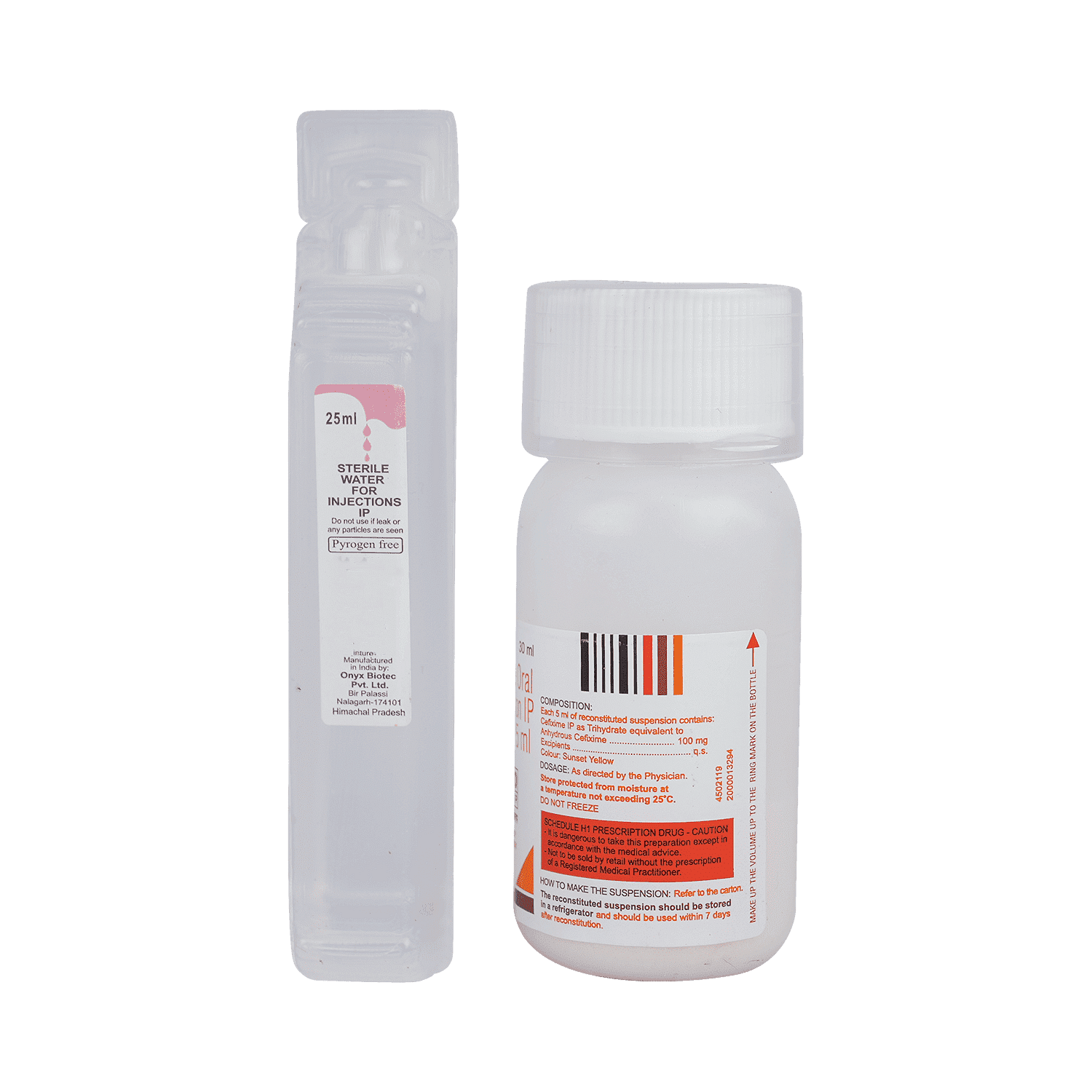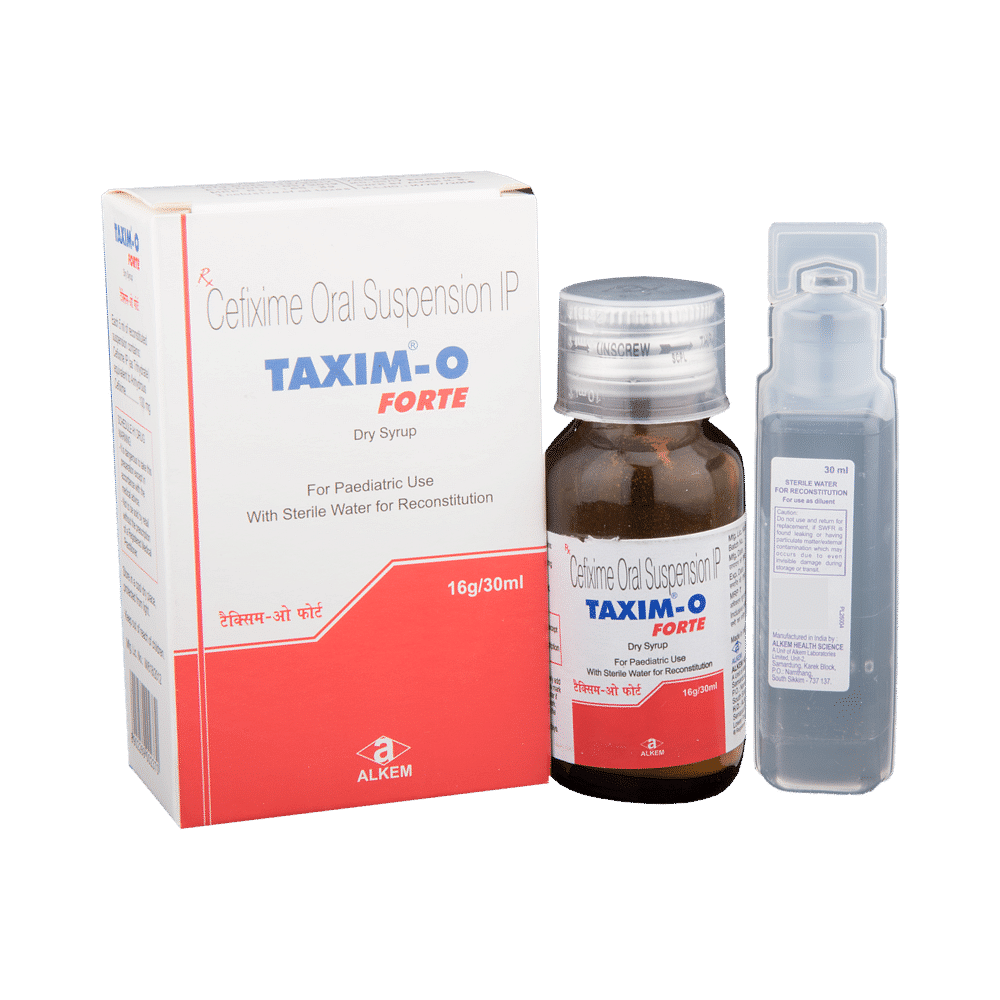
Linicef Dry Syrup
Manufacturer
Sarthi Life Sciences
Salt Composition
Cefixime (100mg/5ml)
Key Information
Short Description
Linicef Dry Syrup is an antibiotic used to treat various bacterial infections, including respiratory tract, urinary tract, ear, nasal sinus, throat, and sexually transmitted diseases.
Dosage Form
Oral Suspension
Introduction
Linicef Dry Syrup should be given under the supervision of a doctor or health professional. Use it regularly at evenly spaced intervals as per the schedule prescribed by your doctor. The dose will depend on what you are being treated for, but you should always complete the full course of this antibiotic as prescribed by your doctor. Do not stop taking it until you have finished, even when you feel better. If you stop taking it early, some bacteria may survive and the infection may come back or worsen.
Directions for Use
Take this medicine in the dose and duration as advised by your doctor. Check the label for directions before use. Measure it with a measuring cup and take it by mouth. Shake well before use. Linicef Dry Syrup may be taken with or without food, but it is better to take it at a fixed time.
Safety Information
Side Effects
Nausea Stomach pain Indigestion Diarrhea
Alcohol Warning
Consuming alcohol with Linicef Dry Syrup does not cause any harmful side effects.
Breastfeeding Warning
Linicef Dry Syrup is safe to use during breastfeeding. Human studies suggest that the drug does not pass into the breastmilk in a significant amount and is not harmful to the baby. Avoid prolonged use of Linicef Dry Syrup, since it may have possible effects such as rash and diarrhea.
Pregnancy Warning
Linicef Dry Syrup is generally considered safe to use during pregnancy. Animal studies have shown low or no adverse effects to the developing baby; however, there are limited human studies.
How it works
Linicef Dry Syrup is an antibiotic that kills bacteria by preventing them from forming the bacterial protective covering (cell wall) which is needed for them to survive.
Quick Tips
Your doctor has prescribed Linicef Dry Syrup to cure your infection and improve your symptoms. Do not skip any doses and finish the full course of treatment even if you feel better. Take it with food to avoid an upset stomach. Diarrhea may occur as a side effect but should stop when your course is complete. Discontinue Linicef Dry Syrup and inform your doctor immediately if you get a rash, itchy skin, swelling of face and mouth, or have difficulty in breathing.
Related Medicines

Zifi 100 Readymix Suspension

Taxim-O Forte Dry Syrup

Zifi 100 Dry Syrup

Taxim-O Forte Dry Syrup

Aelxim 100 Dry Syrup

Cefujem Forte Dry Syrup

Cefwik DS Dry Syrup Mango

Ziprax 100mg Dry Syrup

Zifi 100 Readymix Oral Suspension

Cefnate Dry Syrup
Frequently asked questions
How long should I take Linicef Dry Syrup?
Linicef Dry Syrup is usually prescribed for 7-14 days. It's essential to complete the full course of treatment as advised by your doctor, even if you feel better before finishing the medicine.
What if I do not get better after using Linicef Dry Syrup?
If you don't feel better or if your symptoms worsen while taking Linicef Dry Syrup, inform your doctor. They will assess your condition and provide further guidance on how to proceed.
Can the use of Linicef Dry Syrup cause diarrhea?
Yes, Linicef Dry Syrup can cause diarrhea as it affects not only the harmful bacteria but also the helpful ones in your stomach or intestine. If diarrhea persists, consult with your doctor for advice.
Is Linicef Dry Syrup effective?
Linicef Dry Syrup is effective when used according to the dose and duration advised by your doctor. It's crucial not to stop taking it prematurely, as this may lead to a return or worsening of symptoms.
What if I forget to take a dose of Linicef Dry Syrup?
If you miss a dose, take it as soon as possible. However, if it's almost time for your next scheduled dose, skip the missed one and continue with the regular dosing schedule. Do not double the dose to compensate.
Is Linicef Dry Syrup safe for the kidneys?
Linicef Dry Syrup is generally safe for the kidneys when used alone. However, when taken alongside certain antibiotics like aminoglycosides or other cephalosporins, it may increase kidney damage risk. It's essential to take this medicine only as prescribed by your doctor.


